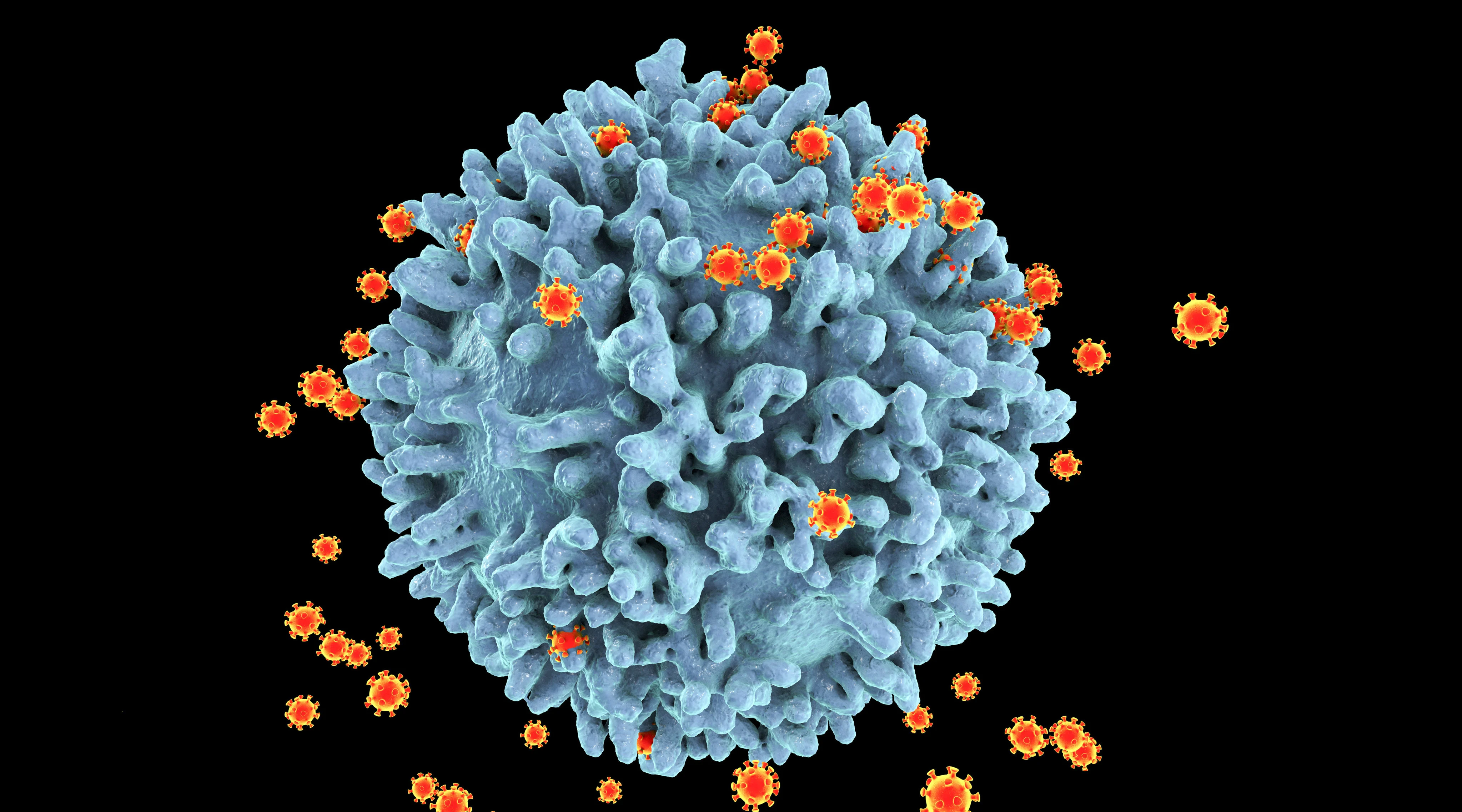Copyright scmp

Award-winning Xie Zhenfei, a Harvard University rising star in cutting-edge research aimed at an HIV vaccine, has left the US and joined China’s leading biosafety laboratory in Wuhan. Xie made headlines in May last year as first author of a landmark paper published by the journal Science that showed a way to use mRNA technology – used to develop vaccines during the Covid-19 pandemic – to develop an effective vaccine against HIV/Aids. The method addresses the main challenge to a vaccine – the very fast mutation of HIV that quickly leads to an infected person battling a swarm of viral strains – by effectively training the immune system along multiple routes, not just one. Xie and his fellow researchers from the Ragon Institute – a collaboration between Harvard, affiliated teaching hospital Mass General Brigham and MIT – used modified mice to produce numerous human-origin B cells that could identify the virus swarm. According to the Wuhan University website, Xie took up his new position this month as an independent principal investigator and doctoral supervisor at the State Key Laboratory of Virology and Biosafety. The laboratory was established jointly by the university and the Chinese Academy of Sciences’ Wuhan Institute of Virology, China’s top virology research institution into viruses that became widely known during the pandemic. In December last year, the laboratory’s research focus was adjusted to cover the mechanisms of highly pathogenic virus infection, novel immune intervention strategies and innovations in key biosafety technologies. During his four years at Sichuan Agricultural University, where he completed his undergraduate studies in 2008, Xie was awarded a national scholarship and was recognised as an outstanding graduate of Sichuan province. He also published papers in Chinese agricultural journals and won awards in English and mathematical modelling competitions. In 2012, Xie was admitted to the Shanghai Institute of Biochemistry and Cell Biology to pursue a PhD, which he earned in 2018. His research on mouse embryonic stem cells and genetic engineering techniques provided a solid foundation for his future work. He began his postdoctoral research at Harvard Medical School’s Boston Children’s Hospital, moving in 2020 to continue his work at the Ragon Institute, with its focus on harnessing the immune system to prevent and cure diseases, particularly HIV/Aids. Xie and his fellow researchers used humanised mouse models, grafting human immune cells on to immunodeficient mice to effectively construct a human-like immune system which could more accurately simulate immune responses in humans. In 2024, the institute published preclinical trial results that suggested a vaccination strategy capable of inducing rare antibodies against numerous HIV strains might be closer than ever. Building on the technology that was pivotal to the development of the vaccine used in the Covid-19 pandemic, Xie and his colleagues showed that the mRNA-LNP system could also be highly effective at improving immune responses against HIV. Xie received the 2024 Young Investigator Award from the Scripps HIV/Aids Vaccine Development Scientific Leadership Group, as well as a prize this year from Harvard Medical School’s Chinese Scientists and Scholars Association for outstanding research. According to the Wuhan University website, Xie’s research will continue to focus on the humoral immune response to HIV vaccination as well as the development of novel hepatitis B vaccines and therapies for chronic infections.



